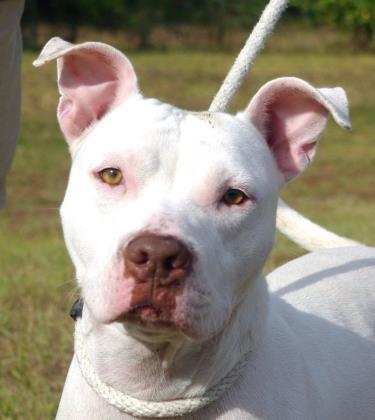

Written by: Jane Williams
How to Deal with Dog Chewing Behavior
If you have just adopted a dog and you are dismayed to see he has taken to chewing your favorite sandal, or, worse yet, a beloved piece of furniture or woodwork, fear not. Chewing is a behavior that can be curtailed, and there are so many ways to deal with it that the key to success simply involves patience, experimentation, and above all, discovering why your beloved pup is in a gnawing kind of mood, especially when you are away. Remember that the Halifax Humane Society has a qualified Animal Behavior Manager, who can answer your burning questions and suggest tips that will help curtail any behavioral problems you may encounter.
Why Do Dogs Chew?
If you have adopted a puppy, bear in mind that dogs teeth until they are about seven or eight months old. If teething is the cause of chewing, try making a loud nice every time you see your pup gnawing at furniture and immediately give him a chewable item such as a Kong toy or other safe, dog-approved toys that have a tempting texture. This training tip can also be used with adult dogs, who need to know that while it is okay to chew, not all items in your home are up for grabs.
Is Your Dog Bored?
Daily exercise is key, especially for high-energy dogs. Your dog should enjoy a game of fetch and various walks a day, with at least one long walk to a park or area in which he can freely run. Dogs love smelling trees and plants, meeting and playing with other dogs, and having a large, safe area in which to play fetch or frisbee, thus releasing all their pent-up energy.
When the weather is warm and sunny, by all means teach your dog how to swim, but make sure he is wearing a secure doggy flotation vest.
A lack of exercise can lead to many undesirable behaviors, including chewing, urinating indoors, rummaging through garbage, etc. Of course, if your dog exercises daily and still displays these and other behaviors (including barking, howling etc., especially when you are away), he could have separation anxiety. This is a more serious issue that will a veterinarian’s perspective.
Homemade Chewing Deterrent Sprays
If your dog is an occasional gnawer, make chewing on woodwork less appealing by making a DIY chewing deterrent spray. The solution is simple; just mix 2 cups water, 1 cup distilled white vinegar, and around 20 drops of a citrus essential oil such as lemon or bergamot. Your dog will find the taste bitter, and your home will smell fresh and clean… best of all, this spray will not cause any negative side-effects (make sure the essential oil you use is therapeutic grade).
Chewing is normal for pups, and often occurs in dogs who are not getting enough exercise. On days when you lack motivation to take your dog out for a long walk, remember that the sedentary lifestyle is just as bad for your health. Let your dog’s welfare inspire you to improve your own fitness level, by heading to the Great Outdoors for an energetic walk or run.
Jane Williams is a freelance writer who donates her time to write for HHS and the benefit of our community's animals.
Previous Article
Next Article